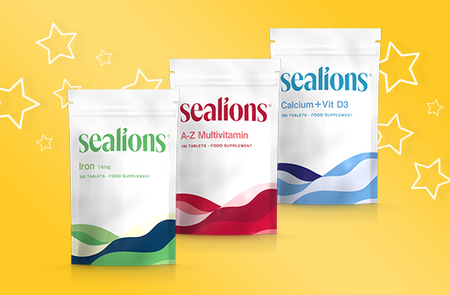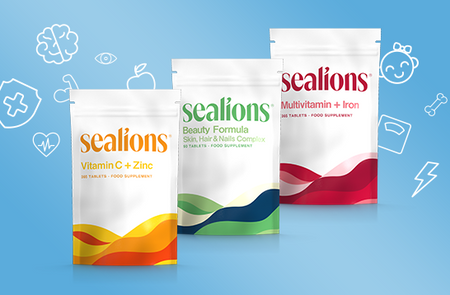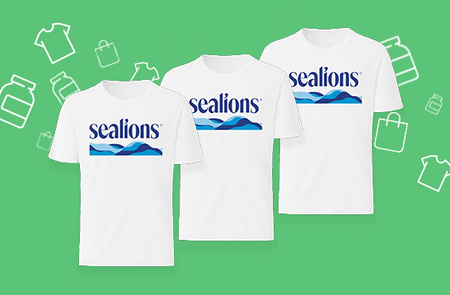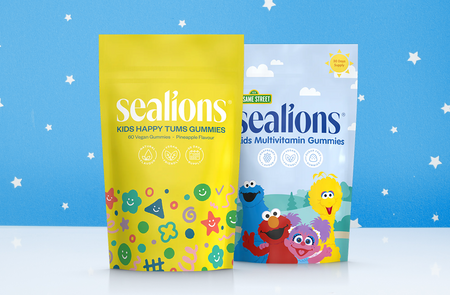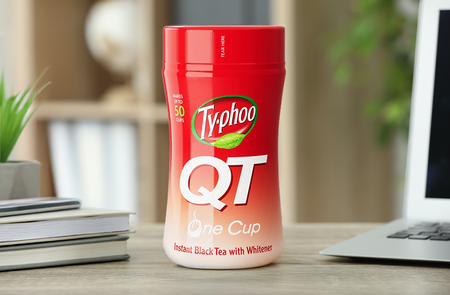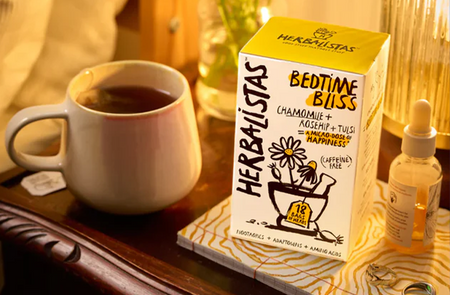
Shining a Light on Parental Mental Health: International Awareness Week
In today's hectic world, it's crucial to recognise just how essential mental health is for parents. International Parental Mental Health Awareness Week serves as a gentle reminder, highlighting the everyday challenges many parents face while trying to take care of themselves and their families.
Being a parent is like being on a rollercoaster ride filled with love and laughter, but let's be honest, it can also be packed with its fair share of stress and mental fatigue. From nights of no sleep to worrying about finances and trying to juggle lots of responsibilities at once, it's no wonder that parents often find themselves overwhelmed. Sadly, during all these challenges, mental health often gets pushed to the back burner, leaving many parents grappling with stress, anxiety, and even depression.
The good news is, more and more people are realising just how important nutrition is for keeping our mental health in check, not just for mums and dads, but for everyone in the family. Studies have proven that eating a balanced diet packed with all the good stuff—like essential vitamins and nutrients—can seriously boost our mood, help us manage stress better, and keep us feeling tip-top in general.[1]
Let’s talk about omega-3 fatty acids. They're like the superheroes of the nutrient world when it comes to mental health. You can find these in fatty fish like salmon, or if fish isn't your thing, don't worry - flaxseeds, chia seeds, and walnuts are packed with too. Omega-3s are known for their anti-inflammatory properties[2], which can help in easing symptoms of depression and anxiety[3]. Adding these foods to your diet can really help level out your mood and give your brain the boost it needs to tackle the ups and downs of parenthood.
Vitamin D is also another crucial supplement because it's what our bodies soak up when we catch some sun. But here's the thing: not everyone gets enough sun, especially during those gloomy winter months. Low levels of vitamin D can mess with our mood, leading to a higher risk of depression and other mood issues[4]. Stocking up on foods packed with vitamin D can help, like fortified dairy products, fatty fish, and eggs. And if you're still not getting enough, don't be afraid to take supplements, it could be just what you need to keep that mental well-being in check.
Another important thing to know, there's a great connection between your gut and your brain that can seriously affect your mental health[5]. It's like a two-way street - when your tummy's happy, your brain's happy too! One word: probiotics. You can find these little guys in fermented foods like yogurt, kefir, and sauerkraut. They help to keep things balanced and reducing those feelings of anxiety and depression[6]. And don't forget about fibre-rich foods: fruits, veggies, and whole grains are like the fuel your gut bacteria need to thrive, so load up on those for some extra mental health love.
Eating right is important for keeping your mental health in check, but it's not the only thing you need to do. Don't forget to reach out to healthcare professionals when you need a hand, practice some good self-care, and stay connected with your friends and family. Asking for help from professionals or family is nothing to be ashamed of, it's a courageous step towards taking care of yourself and your well-being.
So, as we celebrate International Parental Mental Health Awareness Week, let's keep this in mind: taking care of our mental health isn't just good for us, it's good for our little ones and the whole family too! By feeding ourselves the good stuff, we can tackle whatever life throws at us, manage stress, and enjoy all the wholesome moments of being a parent with clear heads and full hearts.
-
[1] Huang Q, Liu H, Suzuki K, Ma S, Liu C. Linking What We Eat to Our Mood: A Review of Diet, Dietary Antioxidants, and Depression. Antioxidants (Basel). 2019 Sep 5;8(9):376. doi: 10.3390/antiox8090376. PMID: 31491962; PMCID: PMC6769512.
[2] Simopoulos AP. Omega-3 fatty acids in inflammation and autoimmune diseases. J Am Coll Nutr. 2002 Dec;21(6):495-505. doi: 10.1080/07315724.2002.10719248. PMID: 12480795.
[3] Efficacy and safety of anti-inflammatory agents for the treatment of major depressive disorder: a systematic review and meta analysis of randomised controlled trials. Doi 10.1136/jnnp-2019-320912
Journal: Journal of Neurology Neurosurgery & Psychiatry
[4] Akpınar Ş, Karadağ MG. Is Vitamin D Important in Anxiety or Depression? What Is the Truth? Curr Nutr Rep. 2022 Dec;11(4):675-681. doi: 10.1007/s13668-022-00441-0. Epub 2022 Sep 13. PMID: 36097104; PMCID: PMC9468237.
[5] Carabotti M, Scirocco A, Maselli MA, Severi C. The gut-brain axis: interactions between enteric microbiota, central and enteric nervous systems (https://www.ncbi.nlm.nih.gov/pmc/articles/PMC4367209/). Ann Gastroenterol. 2015 Apr-Jun;28(2):203-209. Corrected: Ann Gastroenterol. 2016 Apr-Jun;29(2):240. Accessed 9/20/2023.
[6] Bistas KG, Tabet JP. The Benefits of Prebiotics and Probiotics on Mental Health. Cureus. 2023 Aug 9;15(8):e43217. doi: 10.7759/cureus.43217. PMID: 37692658; PMCID: PMC10490379.
Tagged:

